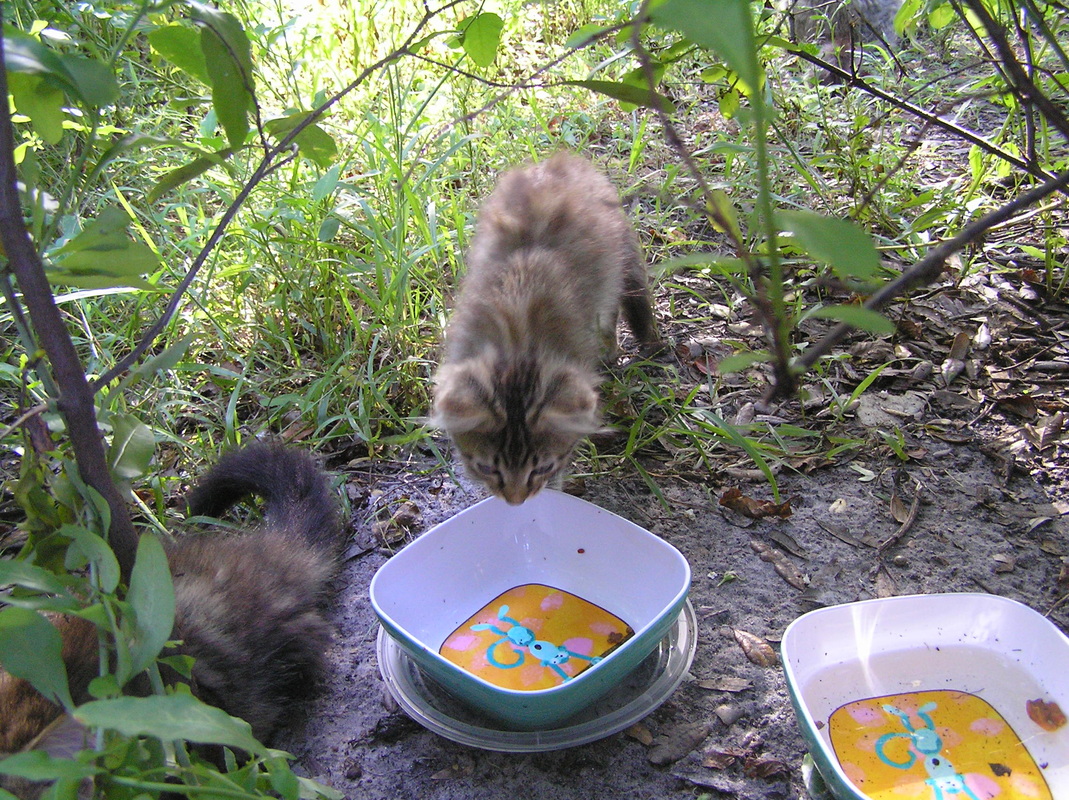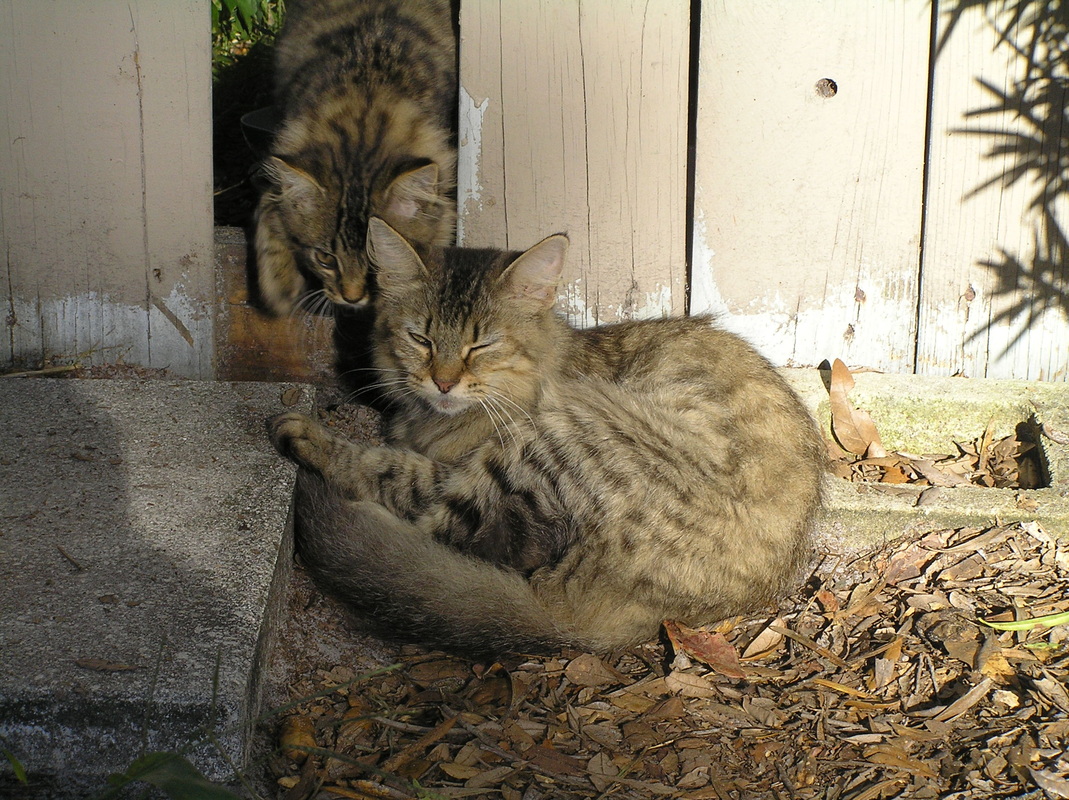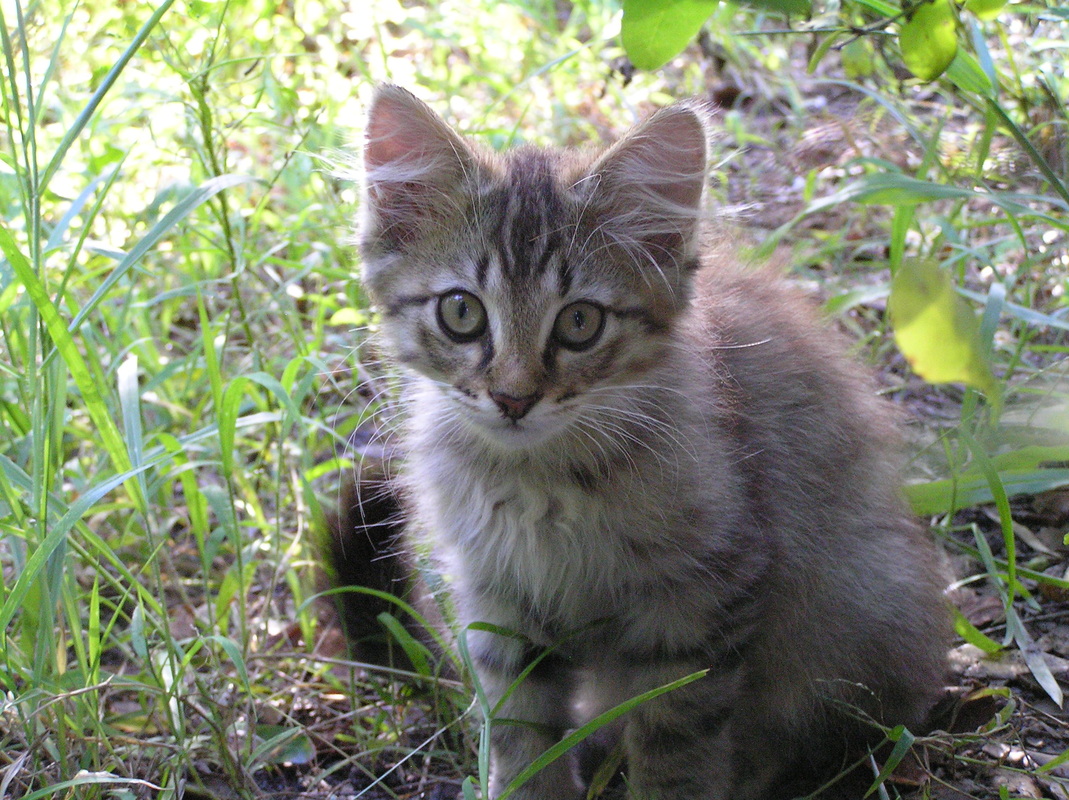|
The other day I moaned to my husband about the latest bump in my writing. He listened patiently, as he always does and said, "Your journey is like Frodo's in The Lord of the Rings." He went on, comparing the hobbit's grueling quest to my struggle, especially the last year when my writing seemed to take hit after hit. He drew a mental picture of the final stage of Frodo's trek: The battered hobbit climbing the mountain, nearing his goal with the evil forces tossing everything they've got at him.
When I look back at the last year, I see the start of two novels destroyed by respected feedback, a third novel felled by no confidence, and first pages used to demonstrate "what not to do." Along with the hits, I've lacked the support of critique partners. My picture book group is stellar but novels are my passion. I prefer a physical group and there isn't one near me. I miss having peers who are invested in making my book better and cheer it to the finish line. I had begun to feel my writing wasn't growing and my plots stank like swamp water. My husband (Samwise that he is) pointed out that the feedback I'd received wasn't all bad and that I have a tendency to dismiss the praise. He's right. Not only do I forget the praise quickly, I revisit the criticism often. I starve the positive and feed the negative. I am the Destroyer of my manuscripts. I've taken on the roll of Frodo's arch-enemy, Sauron. I need to get my Frodo back. It's encouraging to know I'm not alone. Other writers have faced this battle. On the blog, YA Muses, author Donna Cooner recently reposted her article called "How to be an Overnight Sensation in Twenty Years or Less." Twenty years! I've only been at this for four and a half. This calls for ammunition and back-up. To avoid skimming over praise, I'm printing out the most uplifting comments from last year in big font and pasting them within eyesight of my computer. Another stranded friend and I recently agreed to swap chapters online. We're both hoping to find a physical group but in the meantime, we're dedicated to helping each other meet our writing goals. I'm printing her positive comments to add to the others, building an army of words to battle destructive, negative thoughts. I've restarted one of my novels and for the first time in almost a year, the story feels vital. In the next couple weeks, I'll face situations with the potential to damage my budding confidence: A workshop with a first page read and news of acceptance or rejection to a coveted writing program. I'm trying to learn to let go, accept what is and not let rejection or criticism be a judgment on my writing. Writers face this battle repeatedly, even after publication. We need a hobbit's resilience to win it.
0 Comments
A friend recently shared her disappointment over a loved one's lackluster response to a piece of her writing published in a literary journal. I understand her angst. A few years ago, I shared a story I was very proud of with friends and I was bewildered by their reaction. They seemed to have a hard time finishing the story, as if they were bored. Later, when that story won a contest, they asked, "what story was that?" They didn't even remember it.
My writer friend's experience made me wonder why normally kind, considerate people who clearly love us, respond insensitively to our writing. I tried to sit where they sat when they read those stories. First, none of them are writers. They have no idea how much a writer sweats over a piece. They can't envision the excitement at the start of a story, the anxiety waiting for feedback when it's finished and the grueling hours of revision. They haven't watched their email or snail mail for responses to submissions, cried over rejections and squealed when they read: We'd like to buy your story. When non-writers read our work, they compare it to polished, published pieces. And not just any published piece. People read discriminately. They put down what they don't enjoy and tastes vary widely. I have friends who read nothing but non fiction, others who favor only one genre. Most of my friends are older and have no reason to read children's books. So, I imagine when I handed them a story meant for ages eight to twelve, they were also bewildered. How could they connect to a twelve-year-old protagonist's point of view or care that her conflict was successfully resolved in 750 words? I don't share my writing with non-writers anymore unless someone asks (except for my husband, bless him!). It's kinder for all concerned. I do share my successes but I've tempered my expectations. Only writers can fully relate to this journey. The Library of Congress recently issued a list of eighty-eight American books published between 1751 and 2002 that helped shape our nation. The list includes many children's classics, such as: Charlotte's Web, Farenheit 451, Goodnight Moon, A Tree Grows in Brooklyn and The Wonderful Wizard of Oz. The Library anticipated and hoped to prompt conversation, even debate. There's a survey on their site soliciting reader opinions. As a Floridian, I would add Marjorie Kinnan Rawlings' The Yearling to the list. And as a former horse-obsessed child, Walter Farley's Black Stallion Series. The list seemed heavy in older classics, ignoring influential contemporary children's authors, specifically those writing for tweens and above, like Lowry, DiCamillo, Gaiman, Halse-Anderson, Blume and Cabot, to name a few. Maybe hindsight is needed to rate how those authors' books affect generations. More likely, the list is way too short.
I remember reading many of the classics in high school and college. Tampa Bay Times' book editor, Collette Bancroft, wrote an eloquent editorial addressing the book list last Sunday. She suggested that the classics remain relevant and deserve repeat readings, adding, "The best reason to read, or re-read, these books is that they are brilliant, engaging works of literature." As writers, that's a compelling call to study those who came before. For more of Collette's article, click here. Check out the Library of Congress for the full list of books and leave your opinion. August . . . what can I say? It's hot. It's muggy. It's the time of year when Floridians stay indoors or spend weekends on the water. My sunflowers are brown. I have one tomato between two sickly plants but I'm super excited by eleven ears of corn. The stalks they sprouted from don't look sturdy enough to support a corn cob so I'm curious to see how this ends. The babies born this spring are growing up. We've spotted the peafowl family several times but too early in the morn to take good photos. Full feathers have replaced the chicks' down and I've even seen a male pop up his baby tail feathers. For the last three weeks, we've been feeding a feral cat family in the yard behind us. The house is empty and the yard overgrown. We pop a board off our fence three times a day to fill the food and water dishes. The mama quickly adjusted to our presence and her two kittens are starting to trust us. I wonder about the mother. Was she left behind by a stressed family? The shelters are full of animals, victims of the economy. We're trying to help this cat and her kits find good homes. I pray their story continues with long lives in loving families.  What is your writing process? I mean the physical process of turning your story into a document. Four and a half years ago, I sat down with a spiral-bound notebook and began writing a story. I filled that notebook and another and another with my first book. Then I joined a critique group which required legible copies of my chapters. Thus began my love/hate relationship with the computer. The critiqued chapters stacked up. I noted the suggestions in a revision notebook. Then I sat down with a printed copy of the manuscript, the revision notebook and a pen. I scribbled changes in the white space, slogged back to the computer and pecked at the keyboard. That first book was rewritten a few times and I considered it a learning experience. As my writing grew, my process changed. I kept a notebook for each book, others for short stories and queries but each week I entered the new material into the computer. I gradually abandoned the notebooks and for the last couple years, most of my work is typed on the keyboard. I still use the notebooks to jot story ideas and sometimes story beginnings but after a page or two, I'm cozied up to Microsoft. I feel like a sell-out, somehow. I'm a hands-on, creative type. I enjoy art touched by fingers and homemade crafts. I admire writers who wrote books by hand and poked at clackety typewriters. Several months back, I hit a wall in my writing and nothing I tried knocked it down, not plotting or character studies, not switching stories or genres, not even taking a break. Then I thought, why not go back to your beginning, dust off the notebooks, step away from the computer. It wasn't an instant fix but that notebook felt like an old friend and I did write in it. Now, I'm trying to stay conscious of my nature, take mini-vacations from technology and reconnect with pen and paper. |
AuthorI write middle grade and young adult books with a magical twist, and I'm represented by the fabulous Leslie Zampetti at Open Book Literary. Writer Websites
Augusta Scattergood Maggie Stiefvater Rob Sanders Fred Koehler JC Kato Sarah Aronson Kelly Barnhill Linda Urban Kate DiCamillo Jacqueline Woodson Helpful Links SCBWI Agent Query Lorin Oberweger - Freelance Editor Search BlogArchives
May 2020
Categories
All
|




 RSS Feed
RSS Feed
